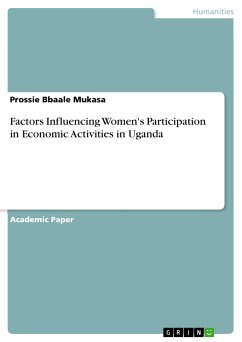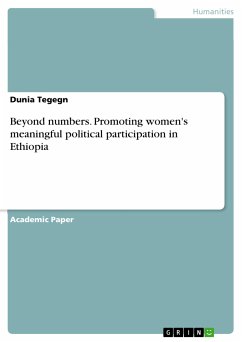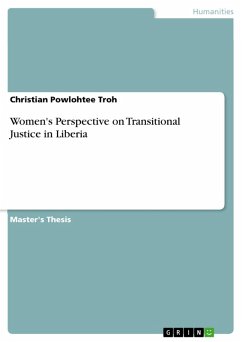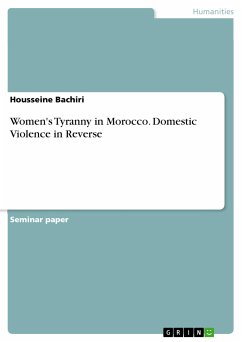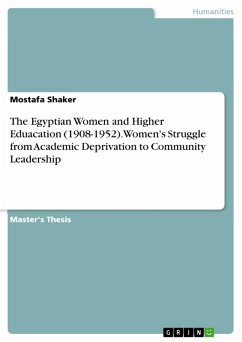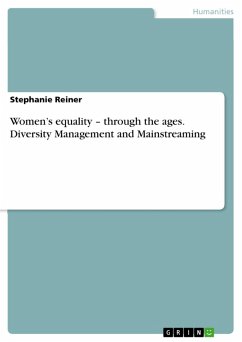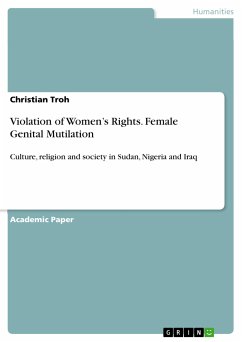Academic Paper from the year 2010 in the subject Gender Studies, grade: B, , language: English, abstract: The main objectives of the study were to find out factors influencing women's participation in economic activities in Uganda. Catering for both the positive and the negative factors. The positive factors such as age, education level of the women, accessibility to land, access to capital, and access to health facilities of women encouraged women to participate in economic activities. The negative factors such as illiteracy, lack of capital, men refusing their wives to work hindered women from participating in economic activities. However, despite government's efforts to promote women emancipation and gender equality, women are still lagging behind in the participation of economic activities. It was found out that age, education, and access to land positively influenced the participation of women in economic activities. This was mainly because women who were mature in age had more responsibilities as compared to those who were young in age. Secondly, women who were educated had more knowledge and skills to enable them participate in economic activities as compared to the uneducated. Lastly, access to land increased productivity and was used as collateral to acquire credit. However, despite access to capital being one of the major factors, it negatively influenced women's participation in economic activities since women feared these loans because of high interest rates and mis-use by their husbands. Therefore, Government should emphasize more facilitation of women's education to enable them acquire the necessary skills that would help them participate fully in economic activities and also enable them empower the girl child who has dropped out of school to further her education.
Dieser Download kann aus rechtlichen Gründen nur mit Rechnungsadresse in A, B, BG, CY, CZ, D, DK, EW, E, FIN, F, GR, HR, H, IRL, I, LT, L, LR, M, NL, PL, P, R, S, SLO, SK ausgeliefert werden.

